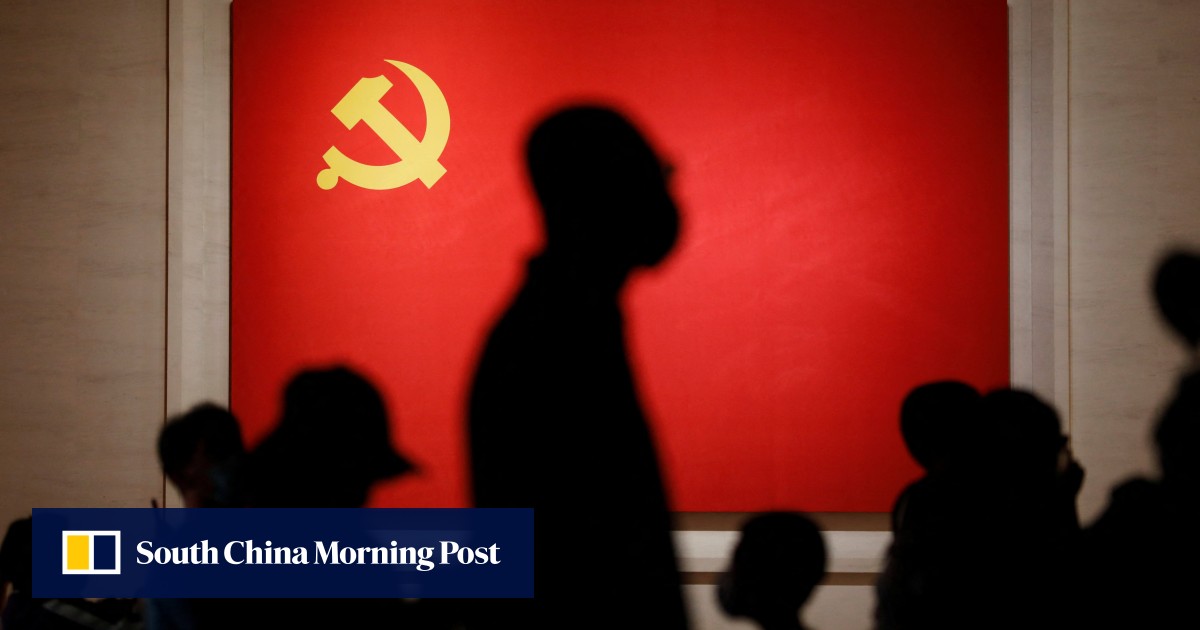In a post on its website and social media accounts on Monday, the CCDI said that in the first 10 months of the year it investigated nearly 80,000 violations of the anti-extravagance regulations and some 114,238 people were placed under investigation and received a warning. Of those, 80,096 have faced party or administrative disciplinary action.
The watchdog also said corruption was taking new forms and becoming harder to detect.
“At present, the soil where unhealthy tendencies can thrive still exists, as does the risk of a rebound in corruption cases,” the CCDI post said.
‘Cash cow’ subsidies: China targets fraud in farm machinery sales scheme
‘Cash cow’ subsidies: China targets fraud in farm machinery sales scheme
It said the “four forms of decadence” had become “better hidden or transformed” and the watchdog called for more investigation into the specific corruption activities taking place across regions and industries so that “precise supervision” could be carried out.
Beijing uses “four forms of decadence” to describe formalism, bureaucracy, hedonism and extravagance – the problems it considers to be the most prevalent among the tens of millions of party cadres and government officials in China.
The president has stressed that the eight directives for improving conduct “must be implemented with perseverance until they become regular practice among party members”. Xi also listed the directives as a key part of the CCDI’s tasks for this year at a meeting in January.
In his work report submitted to the party’s Central Committee in February, Li Xi, who heads the anti-corruption watchdog, vowed to crack down on wasteful expenditure by naming and shaming those responsible.
He said graft-busters would dig deeper to tackle new forms of corruption such as bribes delivered via AirDrop on smartphones, those given in the form of inflated fees for lectures or consultancy work, and extravagant gifts such as luxury wine, mooncakes and cigarettes.
Chinese officials must feel they are being ‘followed by shadows’, Xi says
Chinese officials must feel they are being ‘followed by shadows’, Xi says
Alfred Wu, an associate professor with the National University of Singapore’s Lee Kuan Yew School of Public Policy, said the CCDI’s latest warning was apparently a message to cadres not to spend money recklessly in the name of “saving the economy” or to avoid losing unused budget at the end of the financial year.
“Beijing is telling local governments that it does not want the GDP to be generated from corruption or extravagance because, in the longer term, it actually creates an uneven playing field,” Wu said. “In the long run, it hurts private companies that don’t have close relationships with government.”
But he said the crackdown on extravagance did not “spell the end” for luxury products such as Moutai – a brand of the fiery Chinese spirit baijiu.
“We have seen some pickup in the private sector’s consumption of Moutai when the public sector’s sales drop due to the [eight directives],” Wu said.







